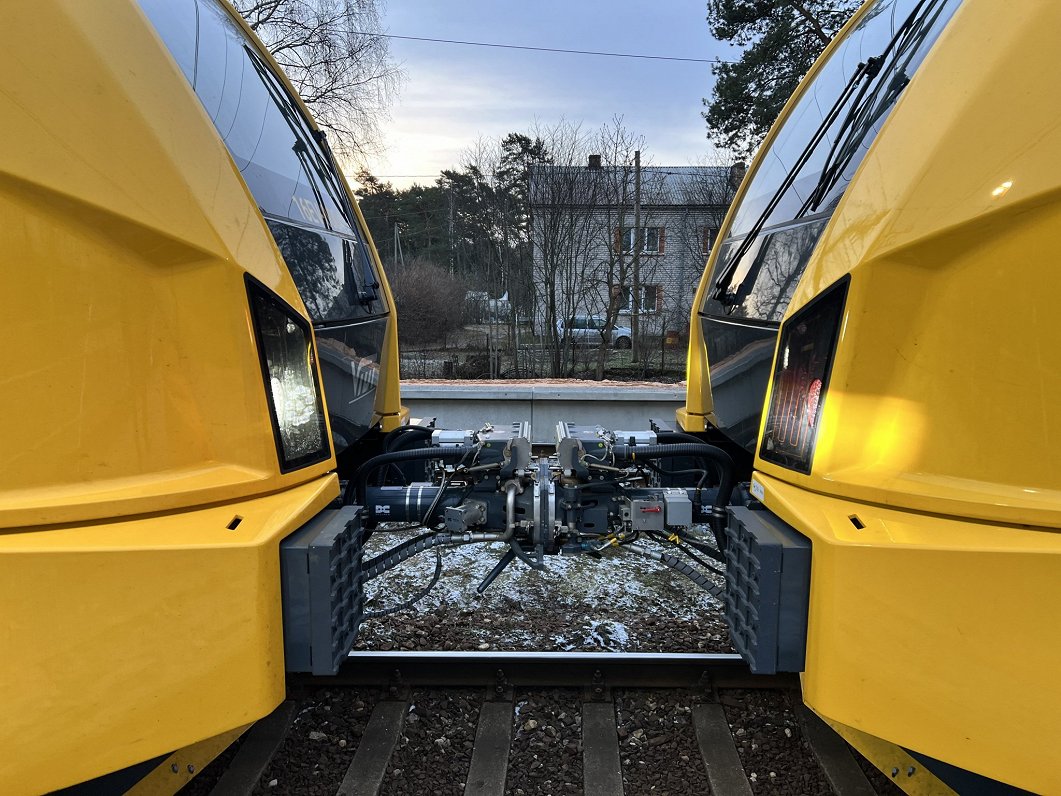Briškens said nine of the 11 commissioned trains were in traffic on Wednesday, January 3. Problems with the five new trains were reported a day earlier, but the faults have now been repaired for three trains. Two trains, including the broken one on the line Rīga-Skulte Tuesday, are still being repaired.
Also, work is underway on the maintenance of six other trains so they can be commissioned, Briškens told LTV.
The minister is scheduled to meet with the train-producing Czech company “Skoda Group” representatives to understand the next steps to remedy the defects. He also wants to make sure it happens as part of the guarantee.
Commenting on the situation with the train stopping on the Rīga-Skulte line, Briškens called the situation unacceptable, the carrier failing to inform passengers and leaving them on the train without heating.
Latvian passenger rail carrier is set to receive all 32 electric trains fully ready for the Vivi train passenger service by mid-2024. Each of them consists of four carriages. One electric train is 109 meters long. Each train has seats for 436 passengers and standing spots for 454 passengers. The new trains are aligned with platforms to improve accessibility.
The design speed of the new trains is up to 160 km/h (currently 120 km/h). The maximum speed will be able to be developed where railway infrastructure will allow it.
The total cost of the whole new electric train project is EUR 257,889 million and the purchase of 23 new electric train configurations is planned with co-financing from the Cohesion Fund of the European Union of EUR 114,211 million.
At first, it was promised that passengers would be able to board the new trains by the end of summer, then only in autumn. An agreement was originally concluded between Latvian state rail company JSC "Pasažieru vilciens" (Passenger train) and the Czech company "Škoda Vagonka" for the purchase of 32 new electric trains back in 2019, though that came off the back of a tender that started all the way back in 2015. First the Covid pandemic and then the war in Ukraine delayed delivery.




























